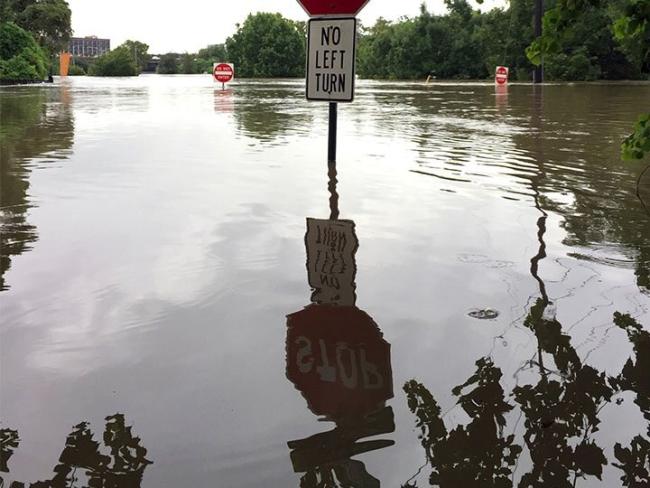
Project Summary: Houston Voter Sentiments and Priorities - A Comprehensive Analysis
Lead Researchers: Renée Cross, Senior Executive Director, Hobby School of Public Affairs, University of Houston, and Mark P. Jones, Political Science Fellow, Rice University’s Baker Institute for Public Policy
A comprehensive survey conducted by the Hobby School of Public Affairs at the University of Houston sheds light on the priorities and sentiments of likely Houston voters, emphasizing their concerns regarding the direction of the city and key issues to be addressed by the next mayor.
Goals:
The primary objective of this research is to identify and understand the key concerns and priorities of Houston voters as they prepare to choose a new mayor. By analyzing the responses of likely voters, the research aims to provide insights into the prevailing sentiments regarding the city's trajectory and the most pressing issues that residents believe should be addressed by local government. The study also seeks to explore potential disparities in perceptions across demographic and ethnic groups.
Methods:
The research employs a survey-based approach, reaching out to 800 likely Houston voters between July 12 and July 20. The survey, conducted in English and Spanish, covers a wide range of topics, including traditional bread-and-butter issues such as crime, flooding, road conditions, the economy, and more. The analysis explores the differences in priorities among ethnic groups, particularly noting the distinct concerns of Latino and Black voters compared to their white counterparts. Researchers use statistical methods to draw conclusions and identify patterns in the data, providing a nuanced understanding of the city's diverse perspectives.
Key Findings:
The survey reveals a significant divergence between the concerns of different ethnic groups, with Latino and Black respondents more likely to prioritize issues such as crime, illegal dumping, and the lack of parks negatively impacting quality of life. Crime emerges as a top concern across all demographics, with flooding, road conditions, and economic worries following closely. The research also identifies common threads in voters' concerns, emphasizing the importance of basic city services over issues such as poor air quality, the shortage of parks, or the absence of grocery stores.
Implications and Next Steps:
The findings of this research have implications for the upcoming mayoral election and can guide policymakers in addressing the most pressing needs of Houston residents. Understanding the disparities in perceptions among different communities is crucial for creating policies that resonate with the diverse population. As the election approaches, the research will likely serve as a valuable resource for candidates, policymakers, and community leaders, offering actionable insights to address the concerns of Houston's diverse electorate.